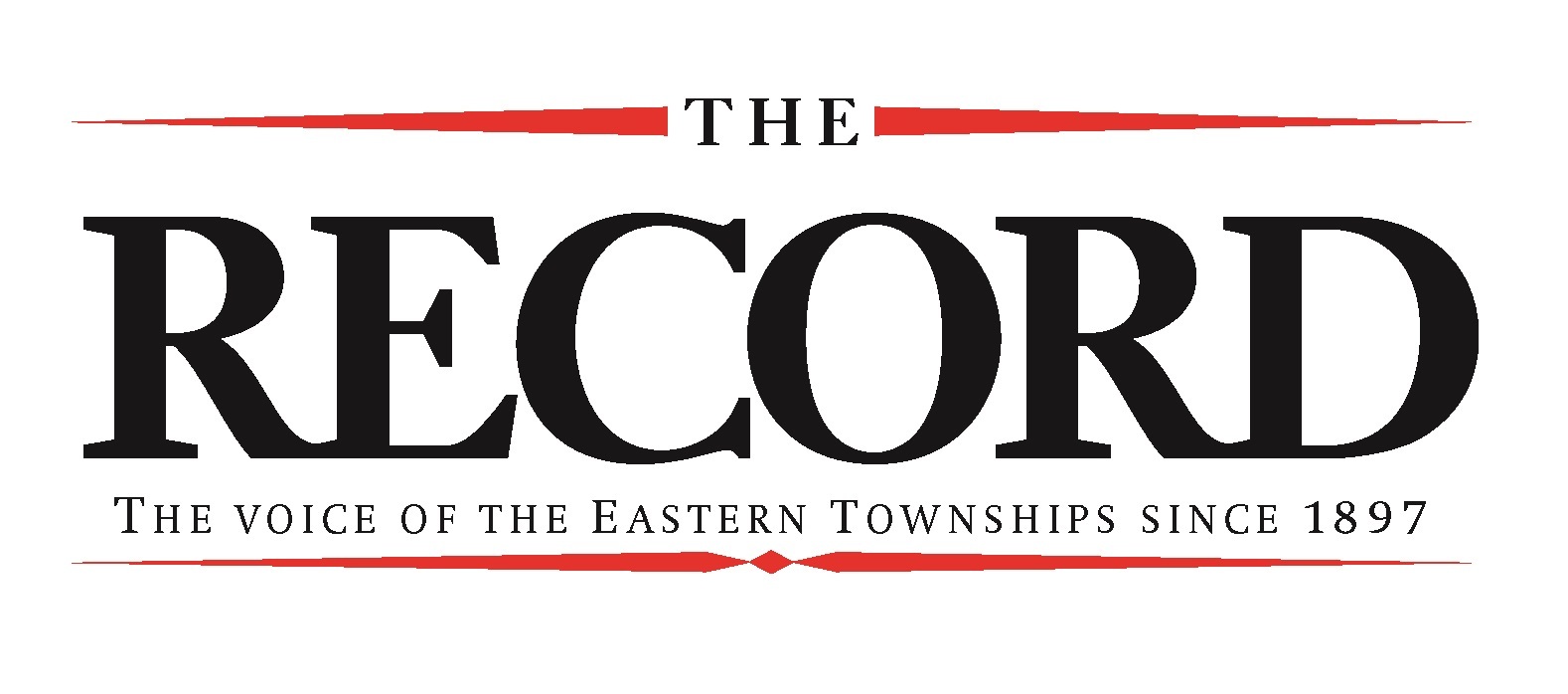Quebec’s Health Minister, Gaetan Barrette, says that he is surprised to hear that there are significant gaps between the health of English and French speaking populations in the Estrie region. Asked during a visit to Sherbrooke on Monday afternoon about the implications of a recent report by Santé Public Estrie that indicates as much, the Health Minister said that he had not seen the report at all.
“In the Eastern Townships you’ve always been recognized as an area outside of the island of Montreal where the services were provided with satisfaction to the English speaking population,” Barrette said, explaining that past conversations he has had with representatives from the region have never suggested that there were service gaps for the English community.
“I would be very interested in reading this report,” the health minister said. “I am making note of that and will look at it closely.”
The report in question, entitled Responding Better To The Needs Of The Linguistic And Cultural Communities In Estrie, looks at the overall health and well being of the local English minority population as well as that of local immigrant communities. It highlights, among its many findings, a generally poorer state of health and lifestyle habits among local English speakers, as well as a greater tendency for children from English speaking families to have cavities, be the victims of violence at school or on the way to school, and be considered vulnerable in one or more developmental area in kindergarten.
Carol Mooney, President of the Massawippi Valley Health Center in Ayer’s Cliff, said that while she found the information in the report surprising, the healthcare aspects in particular are consistent with what the staff of the MVHC has seen since opening up in April of 2015.
Mooney explained that as people began coming in to the clinic for consultations and care, it quickly became clear that many of them had never felt comfortable going for checkups in larger neighbouring communities and so had just been ignoring their own health until the small-scale bilingual clinic opened in Ayer’s Cliff.
“Some of them were really sick,” the president said, sharing that many cases of chronic heart diseases and diabetes were discovered along with several cancers. “A couple came in and the nurse phoned the ambulance right away.”
Patients revealed to the nursing staff that they never felt comfortable going even as far as Magog for more critical care, never being sure if they would be understood in English and not feeling comfortable in more urban environments.
“It’s the rural people that are not being reached,” Mooney said, pointing out that in Quebec, rural and English go hand-in-hand. “People think that living in the country you can get out and walk et cetera, but the statistics clearly show that the rural population is not as healthy. “
The health center president expressed serious concern about the fact that while the center in Ayer’s Cliff has been seeing concrete examples of how the healthcare system is failing rural English speakers, the Minister of Health is pushing for a model that sees healthcare focused in large, imposing institutions.
“We’re really writing to the government a lot,” Mooney said, stressing the importance of small scale clinics. “It’s urban areas that receive the healthcare and it’s going to leave out a lot of members of the rural population who will just sit at home and have their chronic diseases.”
Jennifer Johnson, Executive Director of the Community Health and Social Service Network (CHSSN) said that the report from Santé Estrie came as very welcome institutional proof for claims that community groups across the province have been making for years.
“We’re very happy that the public health department in the Estrie region is looking at this and at this level of detail,” Johnson said “It brought out some really important vulnerabilities in the community that we’ve known about for a long time but just having some proof at the public health system level is very helpful for getting things done.”
The executive director pointed out that while community groups have been able to point out trends based on their own statistics over the years, having a voice to back up that information coming from within the establishment provides a significant step forward.
Geoffrey Chambers, Vice President of the Quebec Community Groups Network, echoed Johnson’s positive attitude and lack of surprise regarding the study.
“I think it’s encouraging,” Chambers said “I’m not at all surprised at its results, but I think it’s a good thing that it seems to be giving an honest picture of a difficult situation.”
The QCGN vice president acknowledged the fact that the research in question applies only to the Estrie region, but said that he strongly feels the implications reach across the province.
“It is my personal and not totally uninformed opinion that if you did similar research in other parts of the province where there is an English speaking minority community established over the same sort of time period (as in the Eastern Townships), you’d find the same or a very similar result,” Chambers said. “It shows there’s serious work to be done.”
Both Chambers and Johnson said that they hope to see the Health Ministry take the research that’s been done and turn it into concrete action carried out in cooperation with the community organizations that are already on the ground working with vulnerable populations.
“It’s not going to be possible to do a good job without devoting some resources to the issue” Chambers said.
Asked if he saw it as problematic that Barrette seemed completely unfamiliar with the report and its findings, the QCGN vice president put an emphasis on looking ahead.
“I can excuse him for not understanding the particular circumstances of what is probably a fairly small part of his responsibilities,” Chambers said. “I’d much prefer this to have been dealt with earlier but the constructive thing is to now acknowledge that it’s a problem and move forward to try to solve it.”





